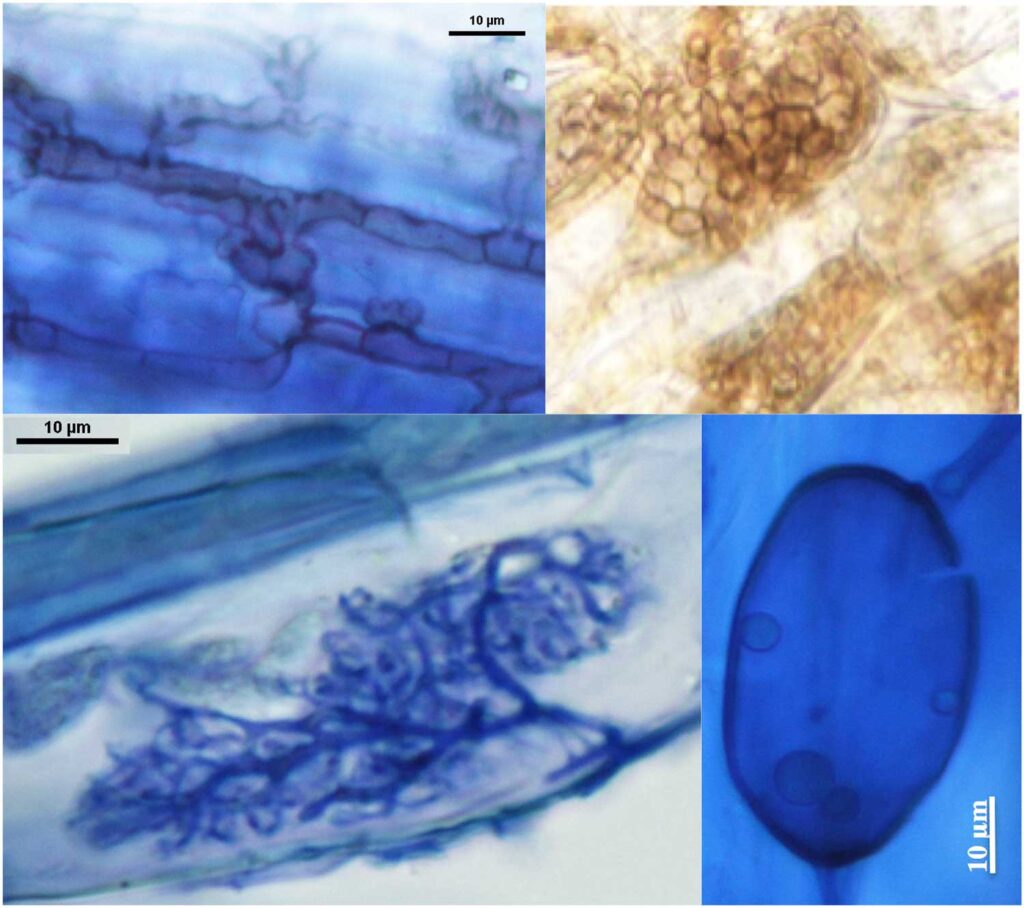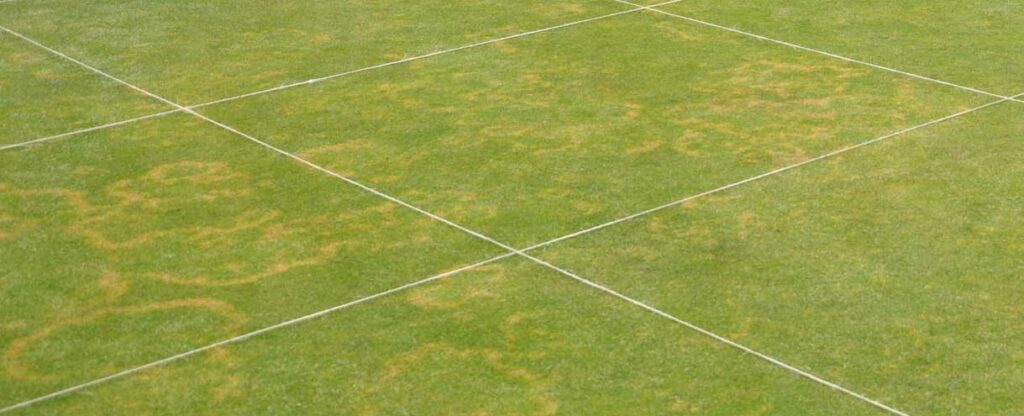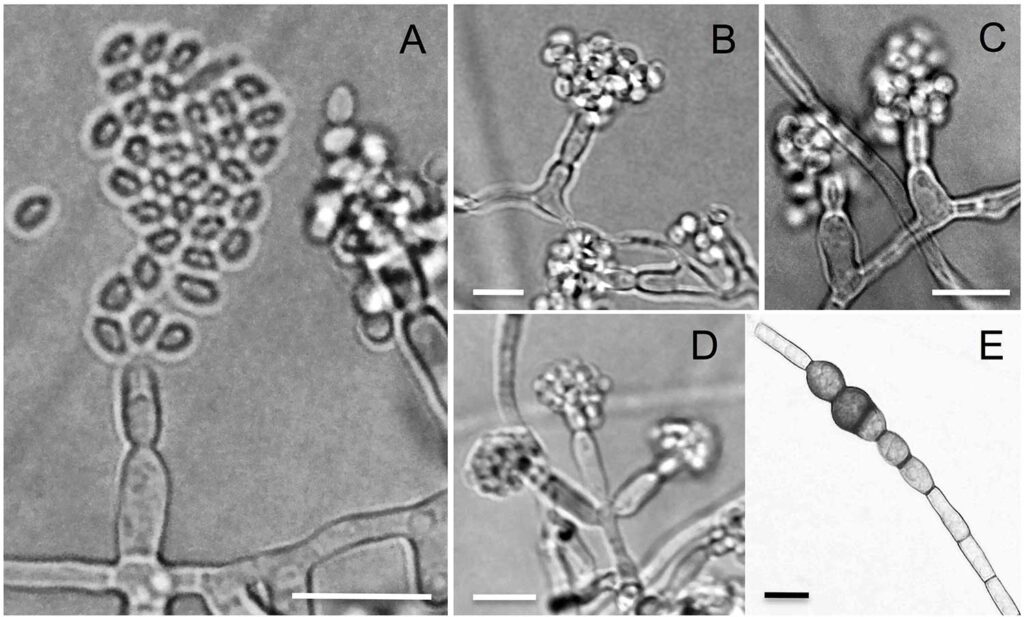Main Content
Professor, Dept. of Plant Biology

I am a fungal biologist. In collaboration with other researchers in the Rutgers Center for Turfgrass Science, I have been working on microbiome associated with grasses. Microbiomes, the microbial community and their genomes in a system, play important roles in adaptation, stress tolerance and disease resistance of their associated plants. The next-generation sequencing technologies enable a holistic view of the microbial diversity compared to the culture-based methods that only capture a fraction of the total diversity. The long-term goal of our project is to describe the microbiomes associated with turfgrasses, understand the causality of microbiomes and the plant health/performance, and to translate this knowledge to develop new sustainable management strategies and other applications.
Similar to the gut microbiomes of human and other animals, microbial symbionts of plants also have important impacts on the health of plants in nature. For example, certain fungal endophytes help the grass hosts fight pathogens and insect pest and increase their heat and drought tolerance, while a number of bacterial and fungal species cause various diseases. When taking the microbiomes into consideration, we may be able to holistically answer many longstanding questions in turfgrass science.



